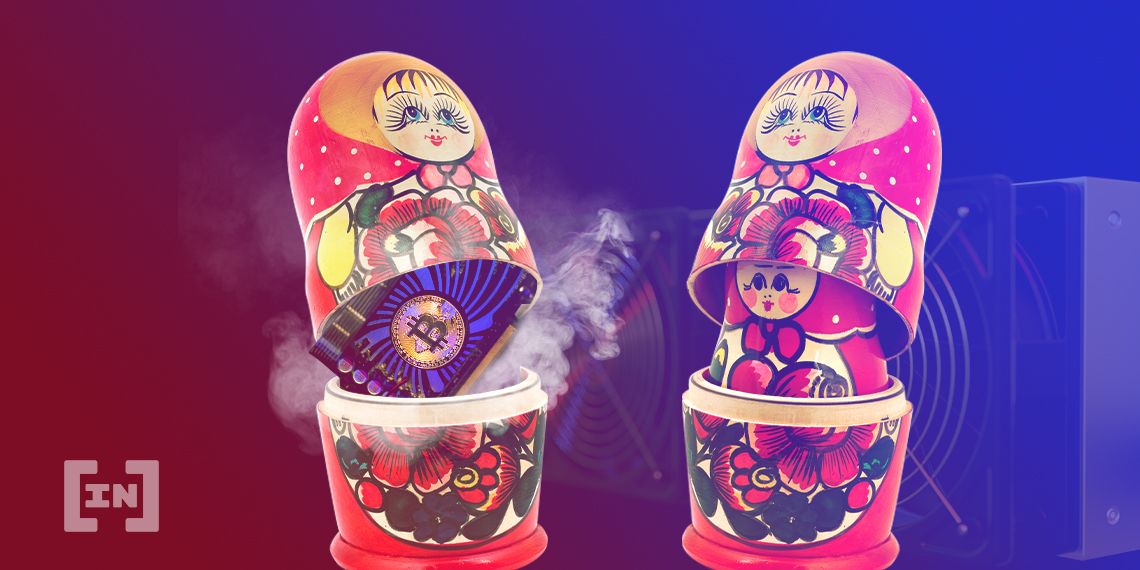The technology of digital currencies could challenge SWIFT international payments and could even overtake it, says the Central Bank of Russia.
International Currencies
The Russian state news outlet RT reported that the Central Bank of Russia says digital currencies will challenge current international banking systems.
There are more than 30 central banks or other regulators that are researching Central Bank Digital Currencies (CBDCs). Russia has previously said it wants to make a digital ruble within a few years, but that it is not a priority.
According to governor of the Russian Central Bank Olga Skorobogatova, some countries will launch new forms of their currencies within a few years
In an online meeting earlier this week, Skorobogatova said that integration between nations can be put off for the time being. Once digital currencies are secure, then the world will need a new global transaction network.
SWIFT: not so fast
The current SWIFT system is the standard for international payments. More than 11,000 financial institutions in more than 200 nations across the globe use it. However, it is slow and expensive.
What’s more, RT reported that some “Western” politicians have suggested cutting of Russian banks from SWIFT as a part of financial sanctions. Russia has been working on a domestically developed financial network called SPFS since then. Nonetheless, Russia seeks technology that would make such sanctions ineffective.
BeinCrypto previously reported how a Russian ruble could solve such issues for the world’s largest country. Russia’s financial authorities are indeed developing a digital ruble. This new form of currency should exist in parallel with cash and other digital payments. Authorities say they could launch it as soon as next year in the disputed territory of the Crimea.
Inter-CBDC relations
The Central Bank has said that digital rubles could be used for international money transfers. However, this could only occur once other countries had adopted their own sovereign CBDCs.
There are at least 36 central banks that have studied CBDCs. One of these is a pilot program in Switzerland which was coordinated with the Bank for International Settlements. China successfully tested its digital yuan, which it airdropped in certain regions. Their program now includes P2P transfers. Meanwhile, the European Union is slowly working on a digital Euro.
An official from Russia’s central bank emphasized that international transactions are much more expensive than domestic ones. Though the digital transfer of money internationally is somewhat simple, it is a risk.
Deputy Chairman Aleksey Zabotkin told RT that central banks must make sure money transfers are truly safe with new technology. He noted that this all depends on the demand for the currency. Some digital currencies, like Bitcoin, are safe and international by their nature. Perhaps some of that international market will not occur between digital banks, but between blockchains.
Disclaimer
In adherence to the Trust Project guidelines, BeInCrypto is committed to unbiased, transparent reporting. This news article aims to provide accurate, timely information. However, readers are advised to verify facts independently and consult with a professional before making any decisions based on this content. Please note that our Terms and Conditions, Privacy Policy, and Disclaimers have been updated.

